Jonathan Harvey

Harvey was born in Sutton Coldfield, and studied at St John's College, Cambridge, eventually obtaining a PhD.[1] He also took private lessons with Erwin Stein and Hans Keller on the advice of Benjamin Britten.[1] In 1969, he took up a Harkness Fellowship at Princeton University.[1] In the 1980s, Harvey produced music at IRCAM after receiving an invitation from Pierre Boulez to work there.[1]
At IRCAM, Harvey produced works such as Speakings, a composition for large orchestra and electronics, in collaboration with sound artist and composer Gilbert Nouno and researchers Arshia Cont and Grégoire Carpentier. The concept of the piece was to "make an orchestra speak".[3] IRCAM is known for speech analysis and in this piece, special technology was developed to allow the analysis of speech to be realized in an orchestral context, using complex algorithms which can process multiple combinations possible in an orchestra setting. The program Orchidée computed such analyses and provided orchestrations for the composer.[citation needed]
From 2005 to 2008, Harvey held the post of Composer in Association with the BBC Scottish Symphony Orchestra.[4]
In 2009, he was Composer in Residence at the Huddersfield Contemporary Music Festival.[5] He died, aged 73, in Lewes, from motor neuron disease.[6]
Speakings received six votes in a 2017 Classic Voice poll of the greatest works of art music since 2000.[7] In 2019, writers for The Guardian ranked Harvey's String Quartet No. 4 the eighth greatest work of classical music in the same period.
Brina Jež Brezavšček
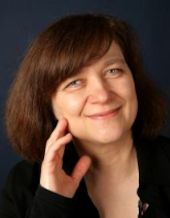
Brina Jež's work is characterized by the diversity of her search. However, she remains within the mainstream of contemporary trends in music. Often subtle expressiveness infused by innermost feelings is in the forefront. Some of her works focus on exploring the sound structures. Lately, the domain of her interest has been opening outward, emphasizing the reverence for the integrity of the human being as well as for the material and spiritual environment.
In 1994, she worked independently at the CIRM studio in Nice and at the GRM studio in Paris, in the field of electro acoustic music.
She wrote incidental music for theatre and film. She appeared in public as a pianist, mainly performing her own works and in duo with her husband, violinist Branko Brezavšček. They played in Ljubljana and elsewhere in Slovenia, at the Annual Music Tribunes in Opatija, at the Incontro Musicale in Cremona etc. She recorded for Radio Ljubljana and Radio Trieste. She writes articles both for daily press and professional magazines. From 2004-06 she regularly wrote reviews for the Slovene main daily newspaper Delo. As a pedagogue she is dedicated to introducing and developing musical creativity.
http://www.brina.jez.brezavscek.net/
Fergus Johnston
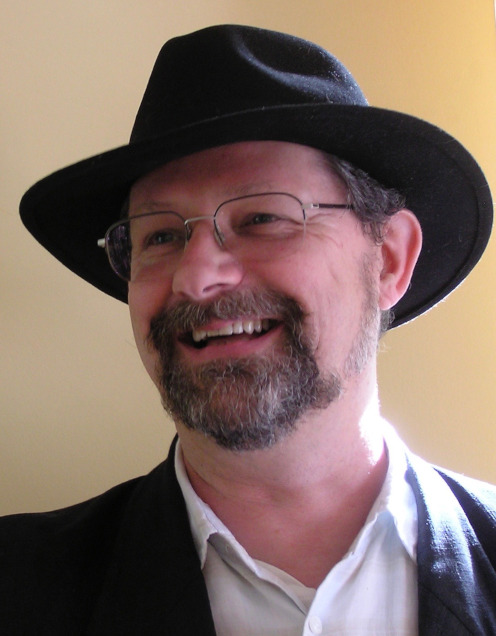
Fergus Johnston was born in 1959 and graduated from TCD with an Honours degree in Music in 1982. He was elected to membership of Áosdana, Ireland's state-supported artistic academy, in 1992, and was a board member of the National Concert Hall from 1996 until 2001.
He has been active as a composer since 1981, and his works have been widely performed both in Ireland and abroad. He has written for a wide variety of genres, including dance, and has collaborated on a number of successful projects involving electronic installations.
In 1999 he completed a Master's Degree in Music and Media Technology at TCD (1999), and in 2011 he received a PhD from the National University of Ireland, Maynooth. He lives and works in Dublin, Ireland and Rousse, Bulgaria.
Youssra Khechai
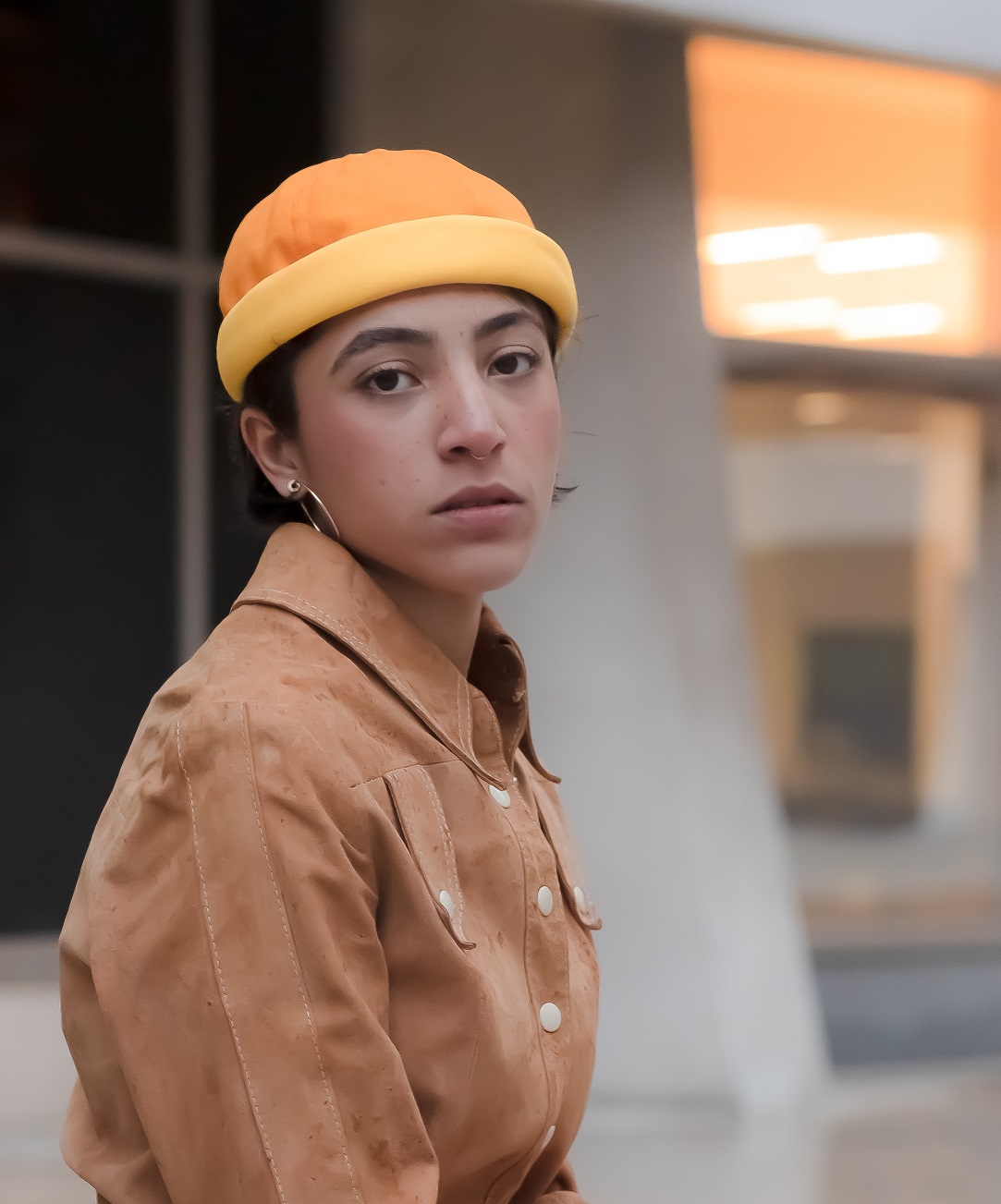
Cellist, composer of electroacoustic music and improviser, I am attending since a few years the course of electroacoustic composition and free improvisation at the Regional Conservatory of Aubervilliers-La Courneuve after obtaining my Bachelor’s degree in Musicology at the University of Lille III.
I have grown for a few years now, a real curiosity towards the world of sound. This sensitive approach is a way for me to reappropriate my instrument which is charged with history, and turn it into something intimate, sensory and personal. By deconstructing this ‘classical instituitional’ link to my instrument, I have developed a thirst for encounter with other artistic forms. Composing is a direct way to connect with other artists. I have had the chance during my studies to write music for a theatre play and even for a dance class.
Transferring knowledge as a teacher has also played a great part in my musical path, and has in some way shaped my apprehension of music. This desire to transfer has led me to found a duo (with Aline Gorisse, also a composer and improviser) called YA and which aims to democratize improvisation and experimental music. We also question ourselves about the transmission of such music through a work on hybrid notation (graphic, textual...)
Alexandros Markeas
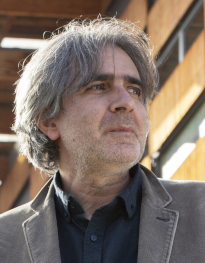
Alexandros Markeas is a composer and pianist. He studied at the National Conservatory of Greece and at the National Conservatory of Paris (he currently teaches improvisation).
He is interested in the languages of traditional music and favors meetings with improvising musicians from different cultures. He is also inspired by different fields of artistic expression, such as architecture, theater, and visual arts (installations, video), searching alternatives for traditional concert and creating particular situations of musical listening.
His music is marked by a theatrical spirit and the use of multimedia techniques.
https://www.alexandros-markeas.com/
João Pedro Oliveira
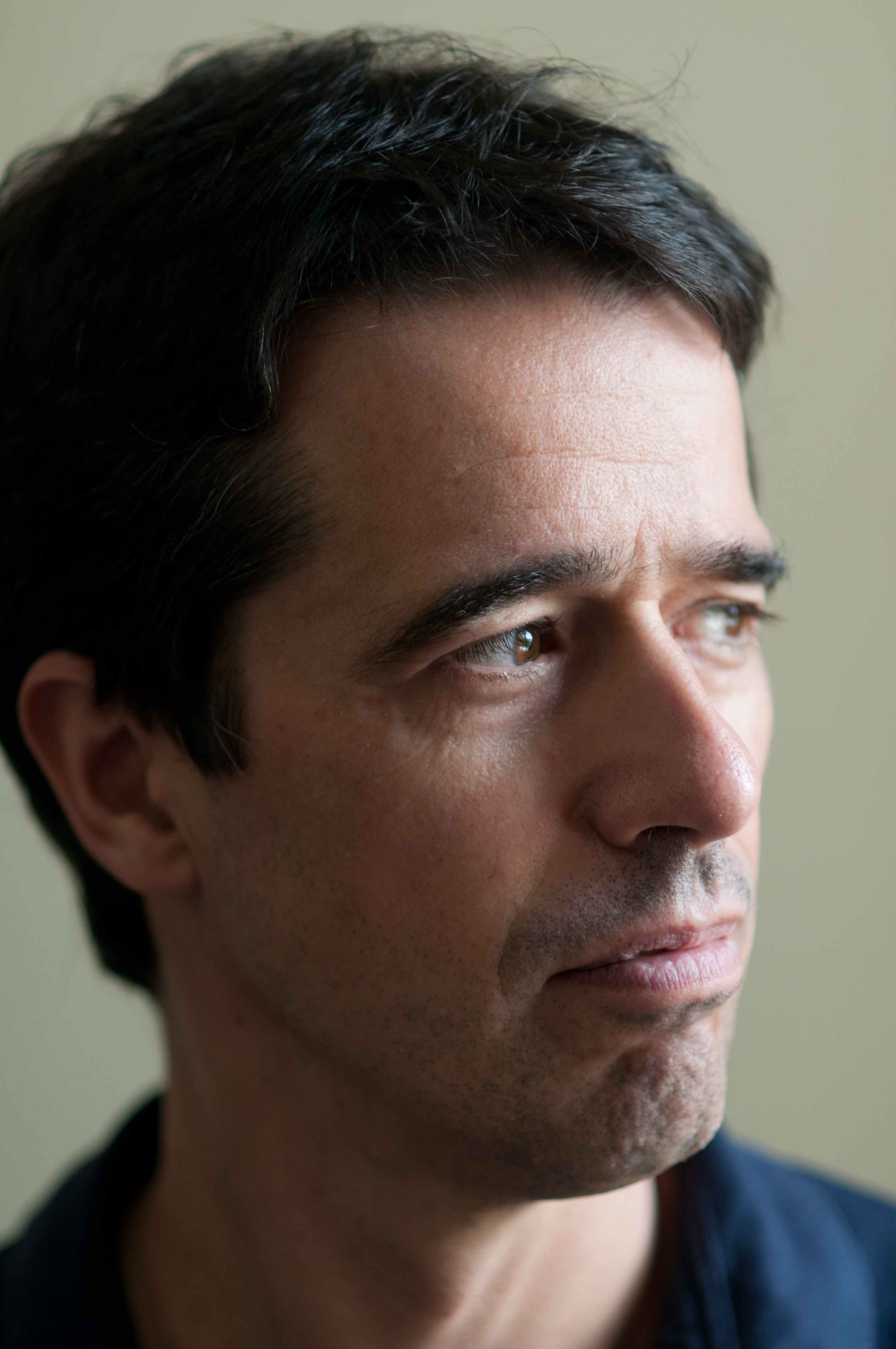
João Pedro Oliveira (born 1959) studied organ, composition and architecture in Lisbon. Ph.D. in music (composition) at the University of New York at Stony Brook. His works include a chamber opera, a Requiem, several orchestral works, three string quartets, chamber music, music for solo instrument, electroacoustic music and experimental video.
A recipient of numerous national and international awards, including three awards at the Electroacoustic Music Competition in Bourges, and the prestigious Magisterium in the same competition, the Giga-Hertz Award, the first prize in Metamorphoses, the 1st Prize in the Musica Nova Competition, etc .. his music is played all over the world, and most of his works were commissioned by prestigious international institutions.
He is a full professor at the Federal University of Minas Gerais (Brazil) and professor at the University of Aveiro (Portugal). He has also published several articles in national and international journals, and has written a book on the analytic theory of twentieth century music.
Michele Papa
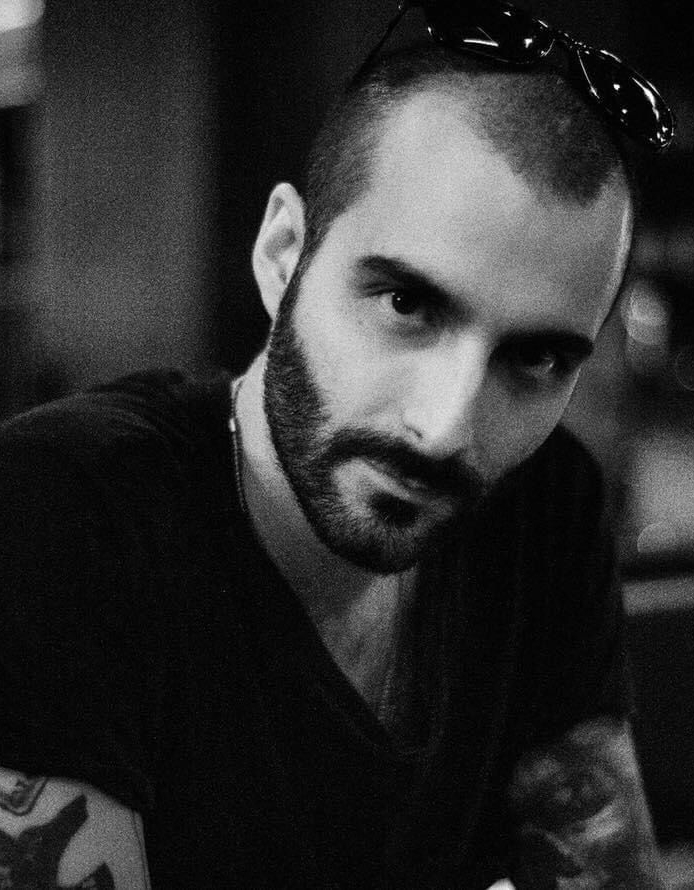
I am an electroacoustic composer, sound designer and musical performer. I was born in Formia, Italy in 1987 and I started approaching music from an early age. In 2014 I graduated at the « Saint-Louis – College of music » in audio techniques and MIDI programming. In the same year I also graduated in Literature and Philosophy at the University of Rome « La Sapienza ».
From 2014 to 2019 I worked with many artists in the role of back-liner, sound engineer, audio director, sound designer and composer. In 2017 I have undertaken the studies of composition at the department of "Electronic music and new technologies" at the conservatory "Santa Cecilia" in Rome. I have completed my studies in 2020 with full marks and honors with the thesis "L'albe nei varchi, come fuggir del susseguir d'incanti".
Since 2017 I have composed music for theater, dance and I collaborated with CRM (Centro di Ricerche Musicali di Roma) as musical assistant and composer. I have been also Technical Director of "Klang" in Rome from 2018 to 2021. From 2015 I have self-produced four musical EPs and I published with "Ensemble" two books of poetry. I composed for many music performers and in 2020 I released, with Danilo Perticaro, the composition "L'albe nei varchi, come fuggir del susseguir d'incanti" for Saxophone and electronics.
Today I continue my research on electroacoustic and acoustic instruments, live electronics, symbology for scores, sounds gestures and performance.
Jonathan Pontier
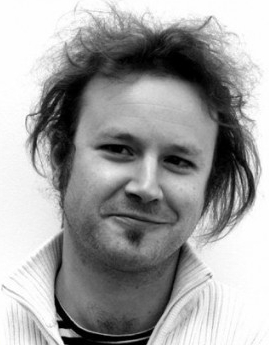
Jonathan Pontier was born in 1977 in the suburbs of Paris. Self-taught, he navigates between the four-track and the forty-eight staves with equal happiness. Trained on the job by suburban musicians, he discovered contemporary music in high school at the age of 16 and since then has not stopped writing transversal projects, outside of any musical academism.
Composer, pianist, singer, guitarist, bassist, percussionist and computer music specialist, he is as comfortable analyzing a Ligeti quartet and writing elaborate works as he is singing Bob Dylan songs accompanying himself on the guitar.
Isotta Trastevere
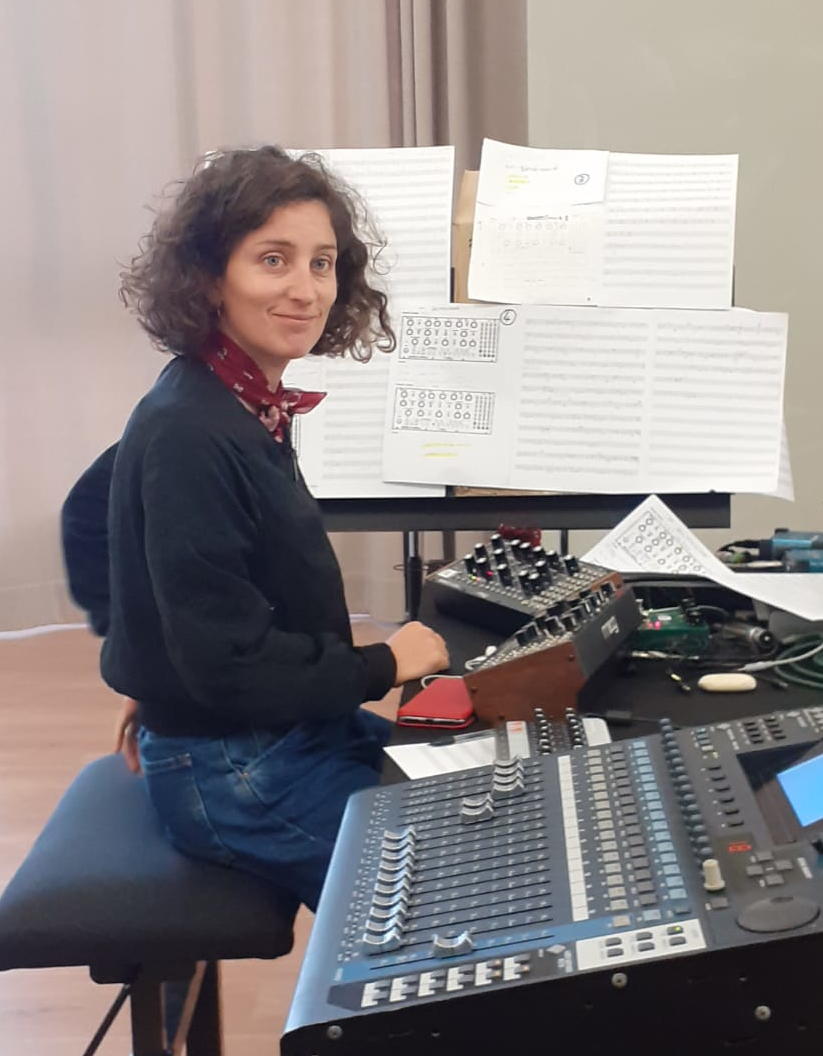 Sound artist graduated in electroacoustic composition from the Pierre Barbizet conservatory in Marseille. Currently a doctorate at the PRISM laboratory (Aix-Marseille University) in collaboration with the University of Turin, she is writing a research/creation thesis on temporality in sound arts. In particular, she works on the notion of perceived time in music that doesn’t have a written medium for creation and that is not based on a priori models. She gives conferences and writes articles on these thematics.
Sound artist graduated in electroacoustic composition from the Pierre Barbizet conservatory in Marseille. Currently a doctorate at the PRISM laboratory (Aix-Marseille University) in collaboration with the University of Turin, she is writing a research/creation thesis on temporality in sound arts. In particular, she works on the notion of perceived time in music that doesn’t have a written medium for creation and that is not based on a priori models. She gives conferences and writes articles on these thematics.
Her acousmatic and mixed pieces are played in France (Festival Futura, Gmem in Marseille) and abroad (MusLab). She performs spatialization on acousmonium and modular analogue synthesis.
Invested in divulgation and democratization of sound practice, she founds in 2019 with an artist collective Radio Nunc, an independant web radio for sound creation (www.radionunc.org). She also carries out pedagogical activities as a teacher in audiovisual schools such as AIS Marseille, or as an invited artist such as in École Supérieure de Paysage de Versailles, where she conducts workshops with sound machines.


